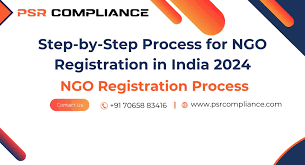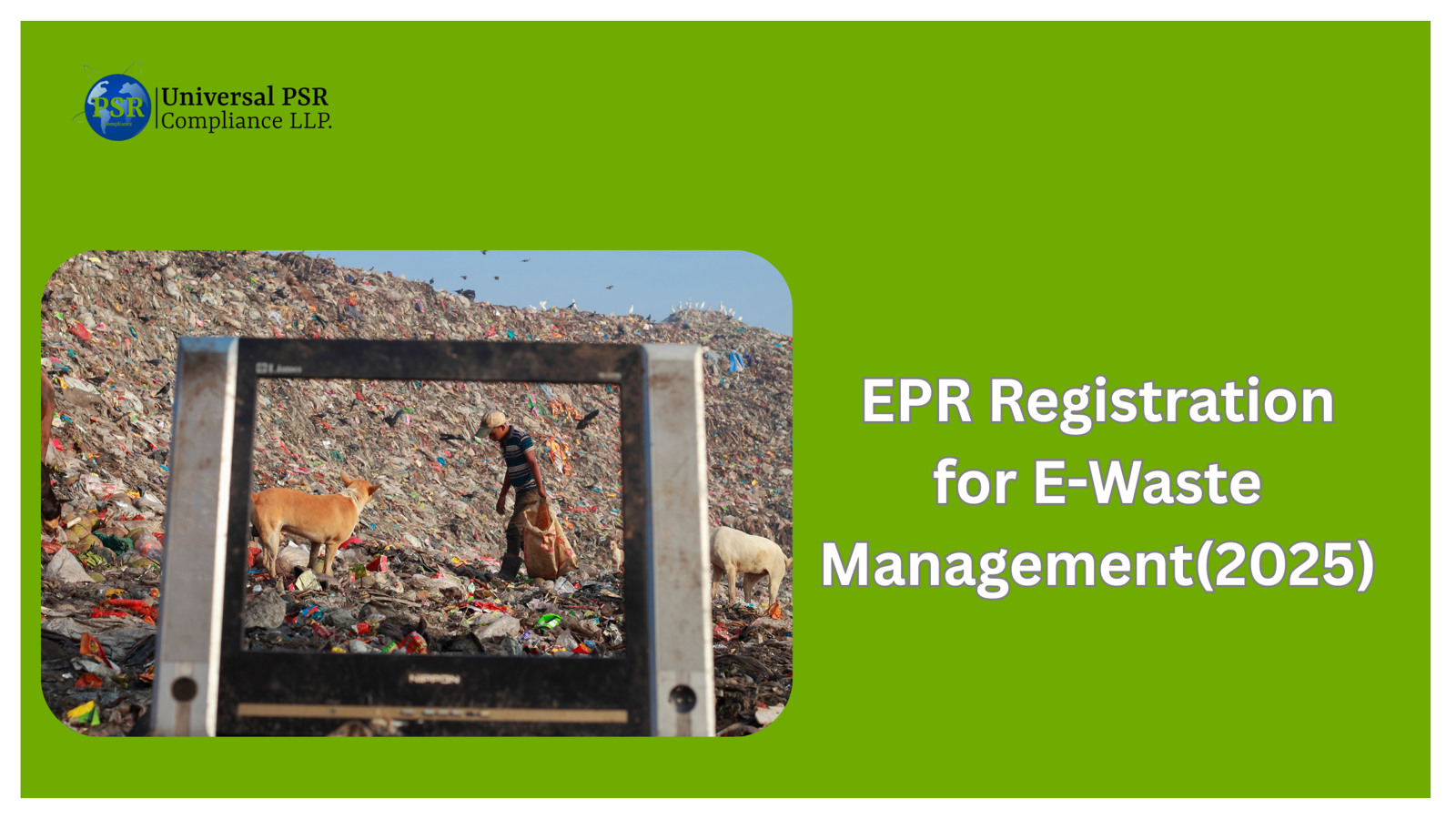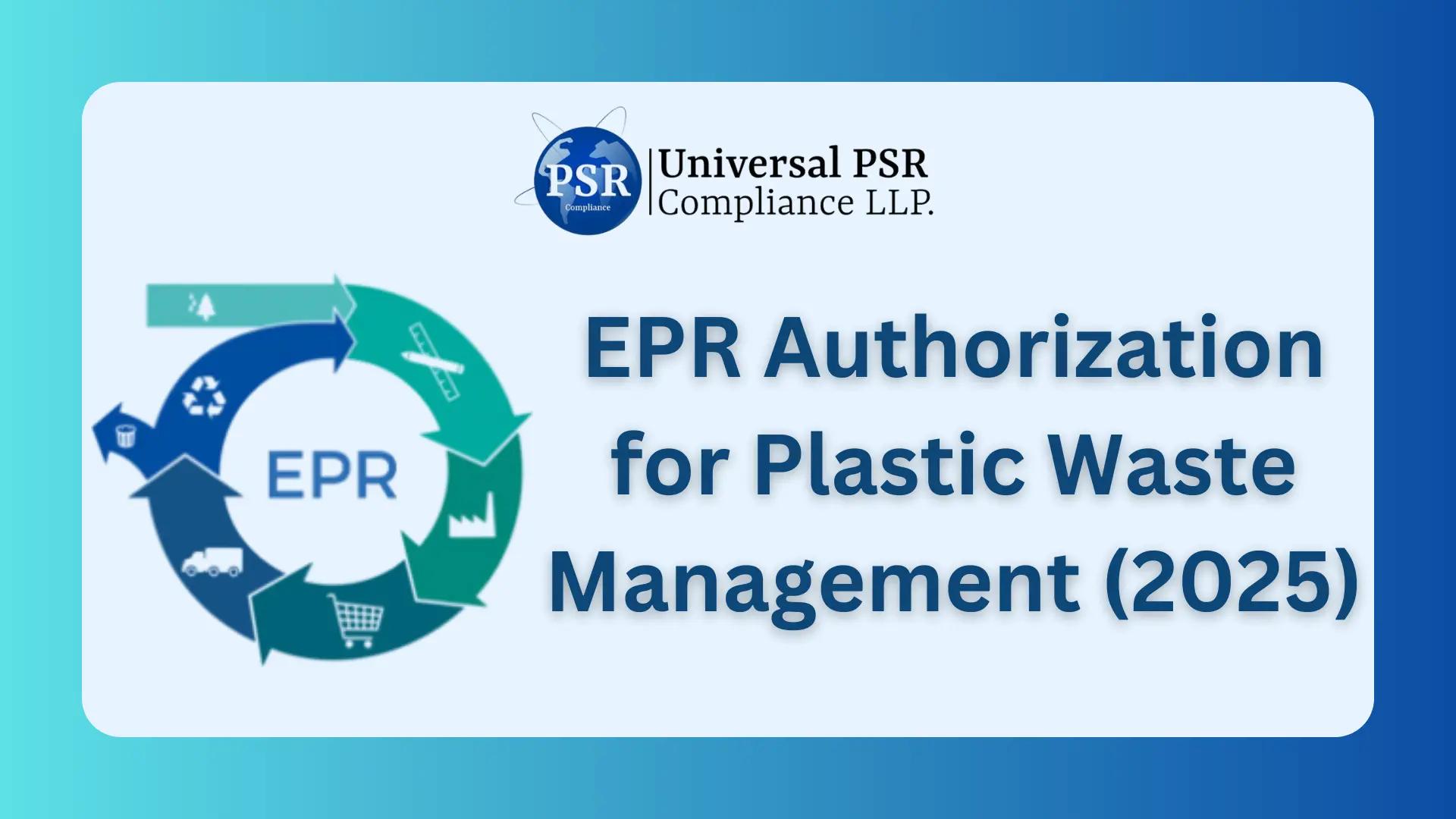
Types of NGO Registration in India
There are three common legal structures under which an NGO can be registered in India:
1. Trust Registration (Under the Indian Trusts Act, 1882)
Ideal for NGOs focused on charitable activities
Requires at least two trustees
Easy to form and operate
Mostly preferred in North India
2. Society Registration (Under the Societies Registration Act, 1860)
Suitable for organizations aiming for education, welfare, art, or culture
Requires a minimum of 7 members
Managed by a governing body
Annual compliance is mandatory
3. Section 8 Company (Under the Companies Act, 2013)
Most credible and structured form
Requires at least 2 directors and shareholders
Ideal for large-scale NGOs and international funding
Needs approval from the Registrar of Companies (ROC)
Documents Required for NGO Registration
Though the required documents may vary depending on the registration type, the following are commonly needed:
PAN Card and Aadhaar Card of the founders
Address proof (Electricity bill, Rent Agreement, or Ownership papers)
Passport-sized photographs
Proposed name of the NGO
Objectives and mission of the NGO
Trust deed, Memorandum of Association (MOA), or Articles of Association (AOA)
NOC from the property owner (if rented premises)
Registration Process Overview
Step 1: Choose the Right Type of NGO
Select whether to register as a trust, society, or Section 8 company based on your vision, scale, and resources.
Step 2: Prepare Documents and Draft Bylaws
Draft your mission, objectives, and rules of operation. Prepare the required documents for submission.
Step 3: Apply with Relevant Authority
For Trusts, submit to the Sub-Registrar
For Societies, apply with the State Registrar of Societies
For Section 8, apply through the MCA portal online
Step 4: Verification and Registration Certificate
After document verification and scrutiny, the concerned authority issues the registration certificate, granting legal recognition to your NGO.
Benefits of NGO Registration
Legal identity and operational transparency
Eligibility for 80G and 12A tax exemptions
Access to CSR funds and foreign donations (FCRA)
Enhanced credibility with donors and government bodies
Better management and governance structure

















Write a comment ...